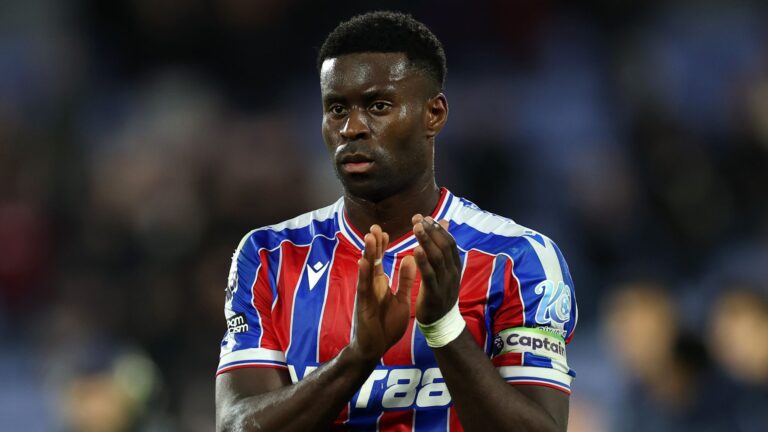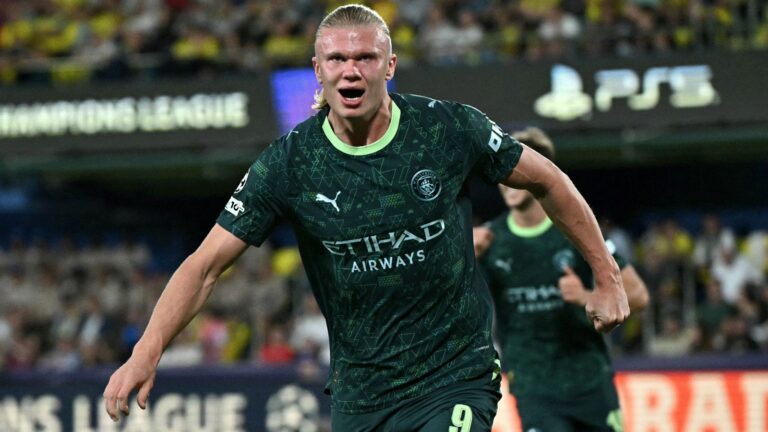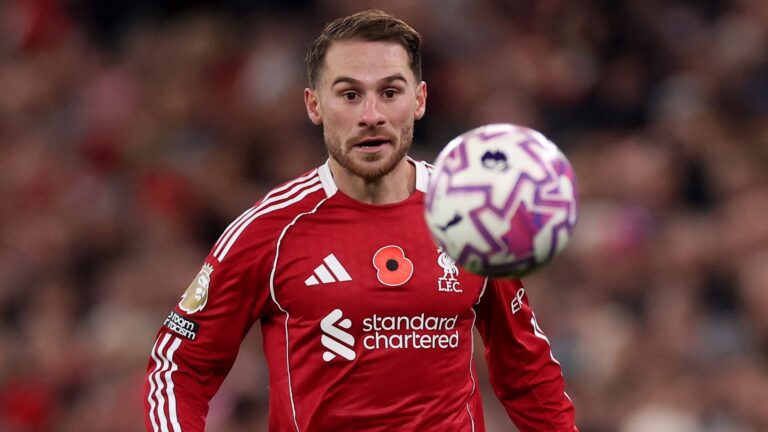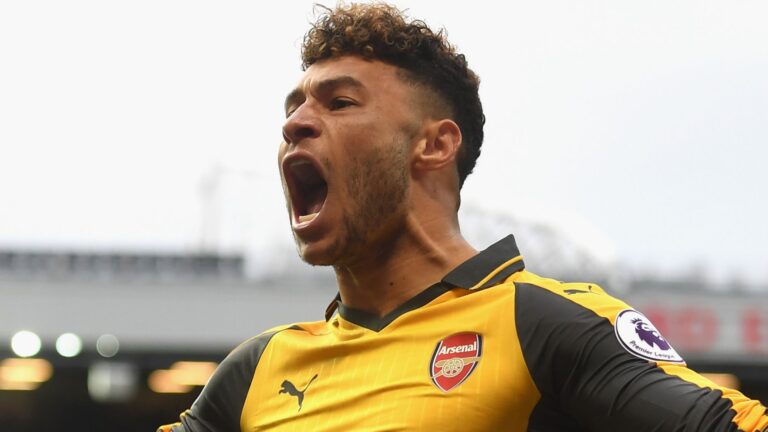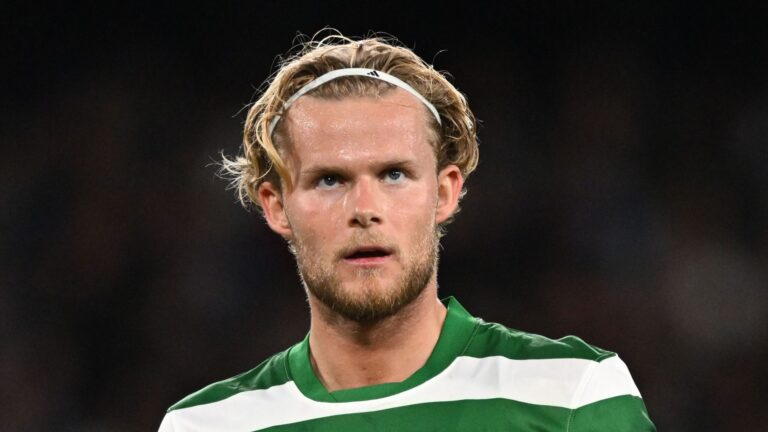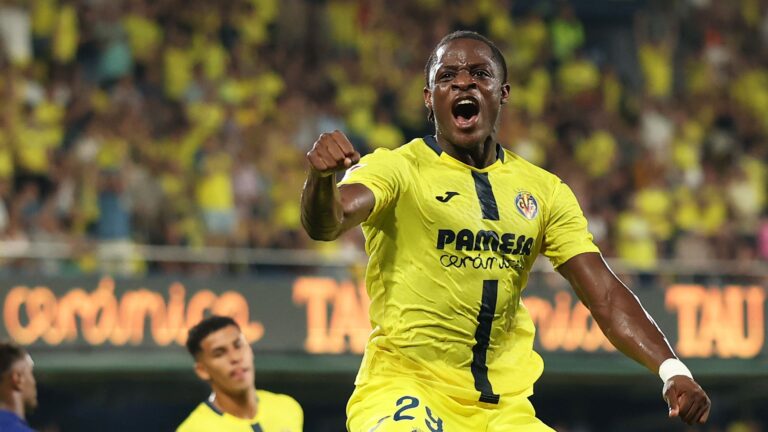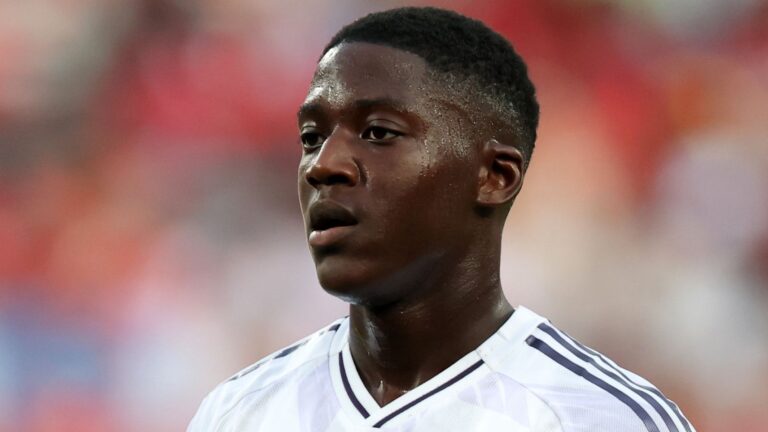The Shocking Decision That Led David de Gea to Reject Premier League Offers
Delve into the captivating tale of David de Gea‘s career pivot, where loyalty and personal rejuvenation trumped lucrative opportunities, marking a pivotal chapter in his storied football journey. This narrative explores how the celebrated Spanish goalkeeper chose a path of reflection and renewal after his long tenure, ultimately embracing a fresh adventure in Italy.
- Let go by Manchester United without a transfer fee
- Took time to contemplate future career paths
- Thriving in his renewed role at Fiorentina
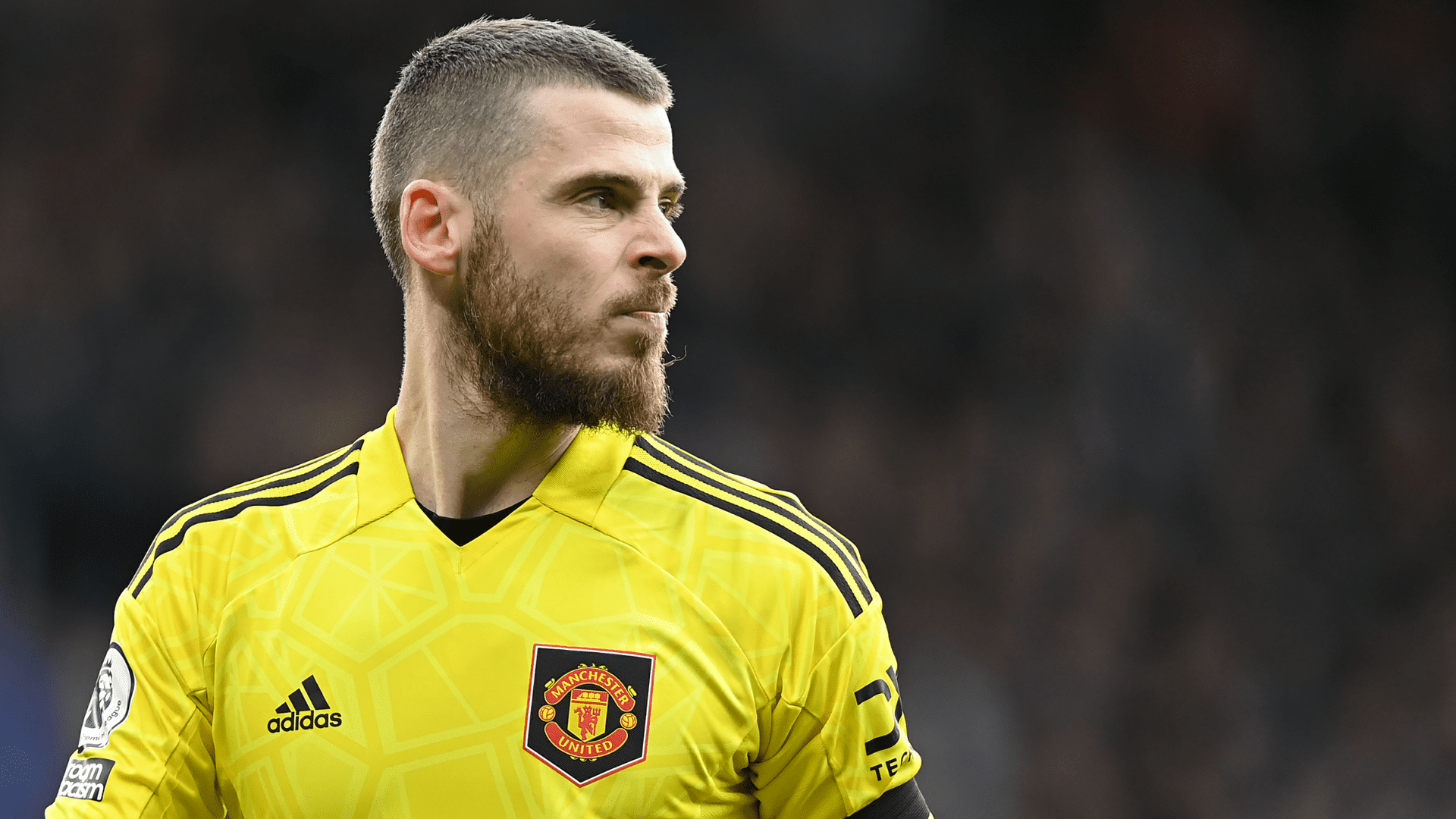
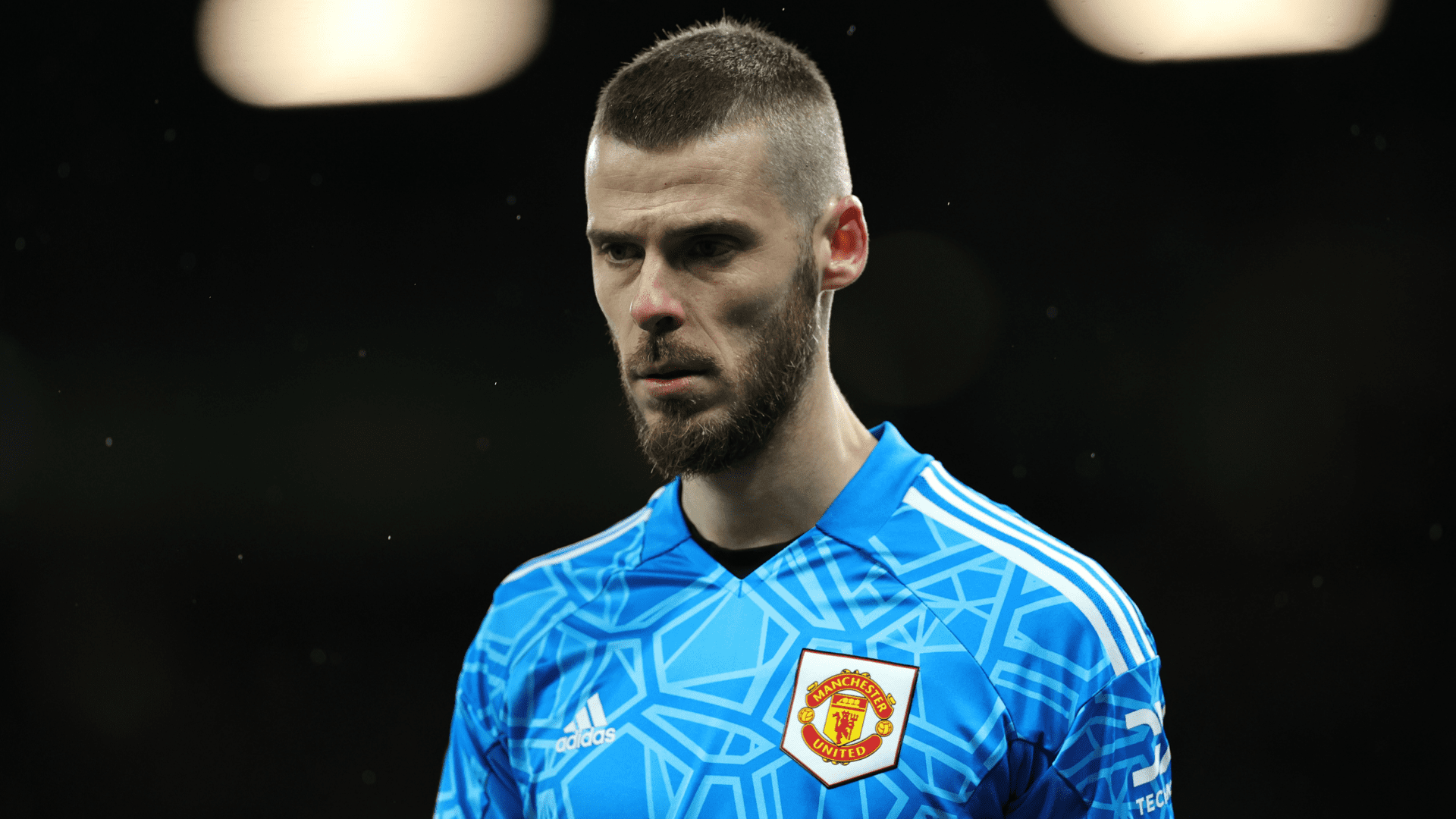
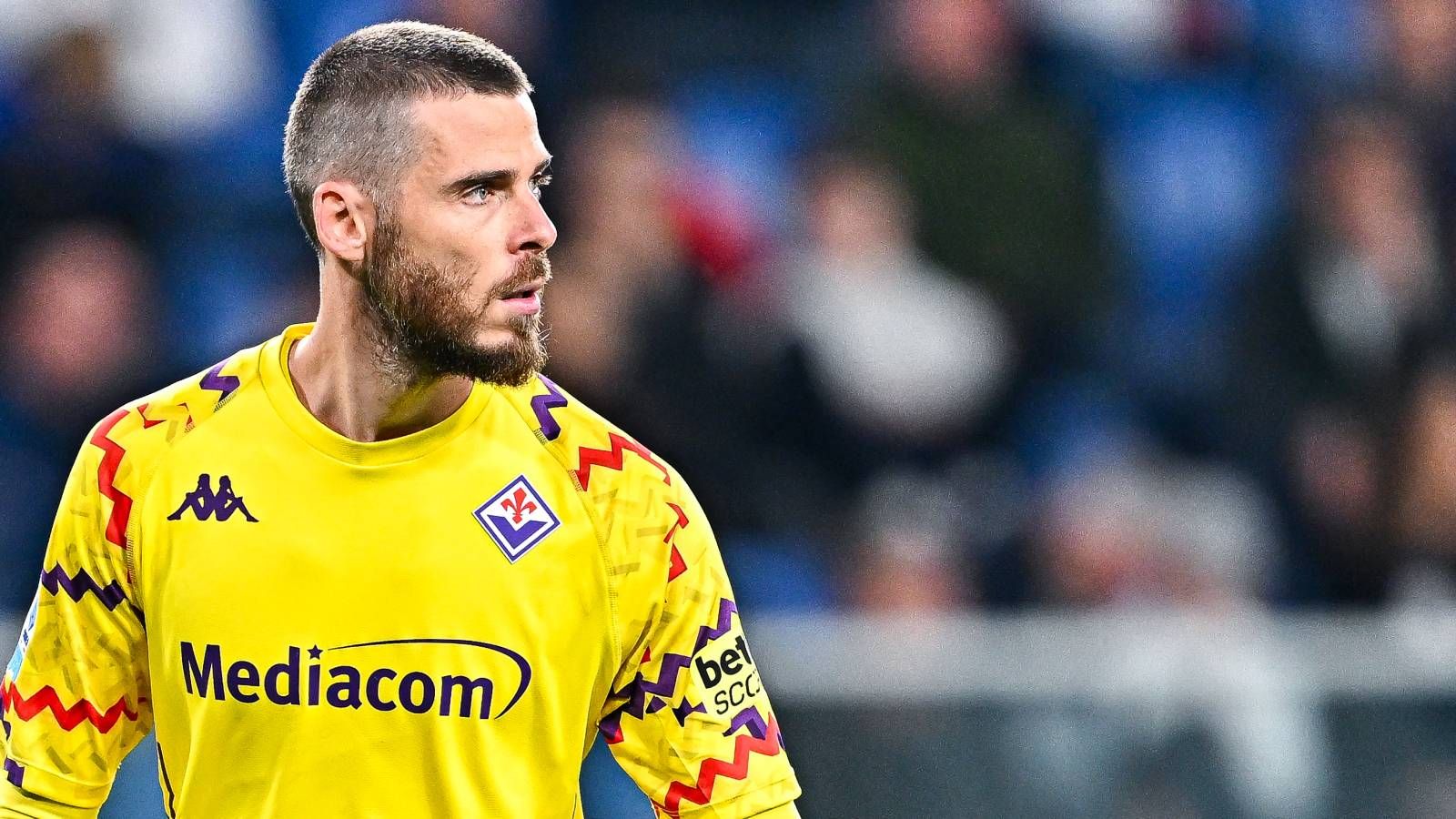
David de Gea’s Extensive History with Manchester United
Over more than a decade at the iconic Old Trafford stadium, David de Gea participated in 545 games and secured the Player of the Year honor on four occasions, only to be unexpectedly freed as a free agent by the club when his agreement ended, representing a stunning twist for the Spanish star.
The Challenges Faced by His Replacement
Ongoing scrutiny has surrounded Manchester United’s choice, especially as the Cameroonian goalkeeper Andre Onana, who took over De Gea’s spot, has struggled significantly in the English league. His tenure has been marred by several expensive mistakes during his initial two years as the primary keeper, sparking debates about the decision.
Transition to a Year of Respite and a New Italian Chapter
Following his departure from the team, David de Gea decided to step back for a full year to recharge, before ultimately joining the Serie A outfit Fiorentina in 2024. At age 34, he disregarded multiple invitations from English clubs, opting instead for a move to Italy that promised a different kind of excitement.
Insights from De Gea on His Choices
In an interview with Cronache di spogliatoio, De Gea shared: “I declined propositions from England since, after such an extended period with a powerhouse like United, it felt unappealing to represent any other team in the league there.”
“Manchester United was my sole desire, and even though offers came from England, I realized it would be unthinkable to commit elsewhere. That club defined my existence; it molded me and enabled an extraordinary professional path.”
“I sensed the need for a break to return with greater vigor. Folks kept inquiring, ‘When will you return?’ I assured them, ‘I’m alright, I’ll make a comeback.’ It was expected that doubts would arise after such a hiatus, but I was confident that a few matches would restore my form.”
David de Gea’s Successful Adaptation in Florence
In Florence, David de Gea is flourishing, leveraging his extensive expertise to benefit a squad that advanced to the Conference League semi-finals in the previous campaign. The goalkeeper has now secured his position with a fresh deal extending until 2028, signaling a promising new era in his career.
Background on David de Gea’s Departure from Manchester United
David de Gea, the Spanish goalkeeper renowned for his lightning-fast reflexes and stellar performances, shocked the football world when he left Manchester United in the summer of 2023. After 12 years at the club, where he became a fan favorite and earned multiple Player of the Year awards, his contract wasn’t renewed. This decision came amid a transitional period for Manchester United, with new strategies focusing on younger talent. De Gea’s exit marked the end of an era, leaving fans wondering what was next for the shot-stopper who had rejected several Premier League offers.
Key Factors Influencing His Exit
- Contract Disputes and Club Changes: Negotiations reportedly stalled over salary expectations and the role de Gea would play in the evolving squad. Manchester United’s shift towards investing in emerging goalkeepers like Andre Onana meant de Gea was no longer the undisputed first choice.
- Performance Scrutiny: Despite his heroics, de Gea faced criticism for occasional mistakes in high-stakes games. This scrutiny, combined with the physical and mental toll of Premier League football, pushed him towards seeking a fresh start.
- Personal Reflection: Sources close to de Gea highlighted his desire for a break after over a decade of intense competition, emphasizing the need to recharge away from the spotlight.
Reasons for Rejecting Premier League Offers
After leaving Manchester United, de Gea was linked to several top Premier League clubs, including Newcastle United and Chelsea, which offered lucrative deals. However, he turned them down, a move that seemed impossible for a player of his caliber. This decision stemmed from a mix of professional dissatisfaction and personal priorities, making his rejection of Premier League offers a bold statement in the world of football transfers.
Financial and Career Motivations
David de Gea rejected these offers partly due to concerns about the financial terms and the potential for another grueling season. While Premier League contracts often come with high wages, de Gea might have felt that the deals didn’t align with his long-term goals. For instance, some reports suggested that the offers included clauses that could limit his playing time, which didn’t sit well with a goalkeeper who values consistency in his career.
- Salary vs. Satisfaction: De Gea, having earned a reputation as one of the highest-paid goalkeepers, prioritized job security and happiness over just the money. He turned down bids that didn’t guarantee a starting spot, knowing that benchwarming could harm his international prospects with Spain.
- Market Competition: The Premier League’s competitive nature means constant pressure, and de Gea may have wanted to avoid diving back into that intensity without a break.
Mental Health and Family Considerations
In a sport where burnout is increasingly discussed, de Gea’s choice highlighted the importance of mental well-being. Footballers like him often face relentless schedules, and after years of weekly matches, the idea of continuing without pause seemed overwhelming.
- Burnout Risks: De Gea’s decision reflected a growing trend among athletes prioritizing mental health. He spoke in interviews about the toll of Premier League life, including the scrutiny from fans and media, which can lead to stress and fatigue.
- Family Time: Sources indicated that de Gea wanted to spend more time with his family in Spain. Rejecting offers allowed him to embrace a more balanced lifestyle, away from the demands of English football.
The Decision to Embrace a 12-Month Sabbatical
David de Gea’s 12-month sabbatical became a talking point in football circles, as it was unusual for a player at his peak to step away voluntarily. This period of reflection, from mid-2023 to 2024, involved training independently and exploring non-football interests, which ultimately led to his move to Fiorentina. The sabbatical wasn’t just a pause; it was a strategic reset that helped him regain his passion for the game.
Benefits of the Sabbatical for De Gea
Taking a year off allowed de Gea to address the physical and emotional demands of professional football. During this time, he focused on personal development, which included working with personal trainers and even engaging in philanthropy.
- Physical Recovery: After years of high-intensity matches, de Gea used the sabbatical to recover from minor injuries and build strength, ensuring he returned in top form.
- Mental Rejuvenation: This break helped him avoid the pitfalls of overtraining, with experts noting that such pauses can reduce injury risks and improve long-term performance.
- Skill Enhancement: De Gea reportedly spent time honing specific skills, like distribution from the back, which has become crucial for modern goalkeepers.
Challenges Faced During the Sabbatical
While the sabbatical offered many advantages, it wasn’t without hurdles. De Gea had to navigate speculation about his career and maintain fitness without a club’s resources.
- Maintaining Form: Without regular team training, he relied on private sessions, which meant staying motivated on his own-a testament to his discipline.
- Public Perception: Fans and pundits debated whether this was a career-ending move, but de Gea proved them wrong by signing with Fiorentina, showcasing how a well-planned break can lead to a strong comeback.
Impact on Modern Football Careers
The story of David de Gea rejecting Premier League offers and opting for a 12-month sabbatical has influenced how players view their careers. It underscores the shift towards sustainable practices in football, where athletes are more vocal about work-life balance.
Lessons for Aspiring Goalkeepers
For young talents in Premier League football, de Gea’s journey offers valuable insights:
- Prioritizing Well-Being: It’s okay to say no to opportunities that don’t feel right, as long as it leads to personal growth.
- Long-Term Planning: A sabbatical can be a smart move for David de Gea-like players to extend their careers and return stronger.
- Negotiation Strategies: Understanding contract details, like playing time guarantees, can help avoid future regrets.
In essence, de Gea’s decision challenges the “impossible” narrative, proving that stepping away can be a powerful step forward in a football career. This approach not only keeps players like him engaged but also sets a positive example for the next generation.


